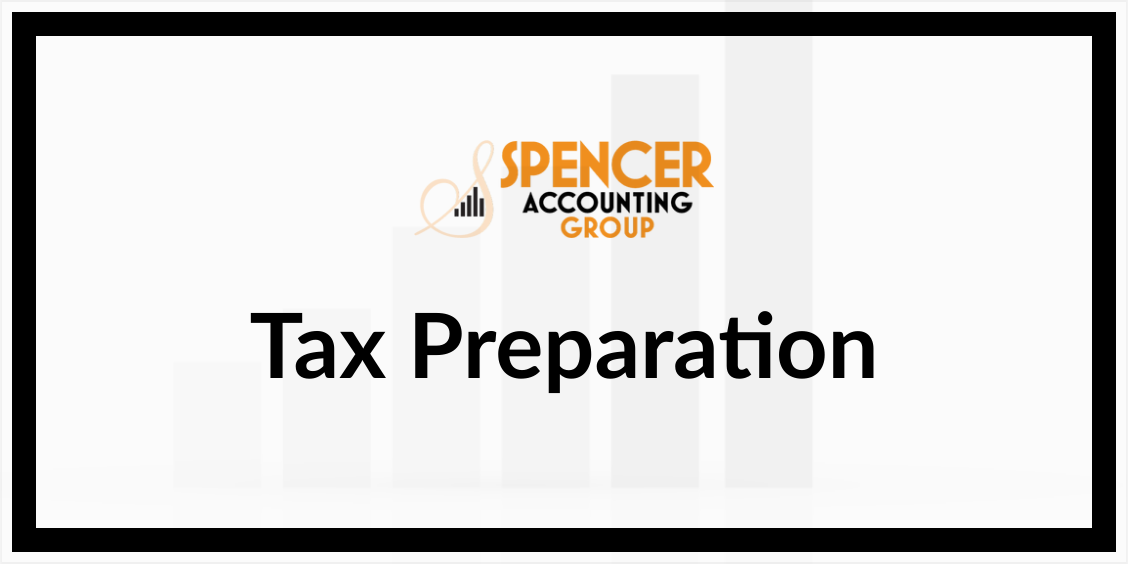|
We seem to be living in an age of natural disasters. Floods, fires, hurricanes, tornados, and other disasters often dominate the news.
If a disaster strikes you, the tax law may help. You may qualify to deduct a tax code-defined disaster loss from your taxable income. The rules for personal losses are complex and far more restrictive than for business losses. Only Casualty Losses Are Deductible Damage to personal property caused by a disaster is deductible only if it qualifies as a casualty loss. A casualty is damage to, destruction of, or loss of property from events such as fires and floods that are sudden, unexpected, or unusual. The disaster must result in physical damage to property, so economic losses due to the COVID-19 pandemic do not qualify as a casualty loss. Many, but not all, casualty losses are covered by insurance. You can’t deduct such losses to the extent they are insured. Moreover, suppose you have insured yourself against the loss. In that case, you must file a timely insurance claim, even if that insurance claim will result in the cancellation of your policy or an increase in premiums. Your casualty loss (not your deduction) is equal to the lesser of the decrease in the property’s fair market value after the disaster, or the property’s adjusted basis before the disaster (usually its cost). Subtract any insurance or other reimbursement from the lesser of (1) or (2). To find the decline in the property’s fair market value, you can use appraisal or repair costs. Limits on Casualty Losses Unfortunately, you can’t deduct all your casualty losses. From 2018 through 2025, you can only deduct personal casualty losses due to a federally declared disaster or to the extent you have casualty gains. For example, a homeowner can claim a casualty loss if a wildfire (declared a federal disaster) destroys his home. But he gets no deduction if a faulty fireplace caused the fire and destroys his home (no federal disaster). The law imposes major limits on your casualty-loss deduction. The general rule says that you may not deduct the first $100 and then deduct your loss only to the extent that it exceeds 10 percent of your adjusted gross income. Your final hurdle is that you then deduct the loss as an itemized deduction. These rules significantly reduce or even eliminate many casualty loss deductions. Fortunately, some casualty losses are not subject to these limits, including disaster losses sustained due to a federally declared major disaster from January 1, 2020, to February 25, 2021. Instead, losses from such disasters are subject to a $500 floor with no 10 percent adjusted gross income reduction. Under this rule, you deduct the loss whether or not you itemize. If you don’t itemize, you add the deductible loss to your standard deduction. You have a choice for losses from a federal disaster: claim the loss in the year of the disaster or on the prior year’s return if it’s before October 15. This can result in a quick refund of all or part of the tax you paid that year. Casualty Gains If all this is not complicated enough, there’s one further wrinkle. A casualty such as a fire can result in a casualty gain instead of a casualty loss when the insurance proceeds you receive exceed the property’s adjusted basis (cost). A casualty gain is taxable. But you may deduct casualty losses from the gains. Here, you don’t need a federal disaster. Also, you can postpone tax on a casualty gain by buying replacement property. If you have any questions or need my assistance, please contact us.
0 Comments
Leave a Reply. |
We're Here to HelpGet advice from our experienced network of financial managers. If you Value our Blog, We have an ask.We spend hours researching data to help you understand your finances and taxes, including historical context, issues, and solutions. Our goal is to empower people to improve their relationship with money. Please consider a $3 donation today. Important Disclosures
Spencer Accounting Group, LLC does not provide investment, tax, legal, or retirement advice or recommendations in these blogs. The information presented here is not specific to any individual's personal circumstances. AuthorKeana Spencer is an Accountant, Entrepreneur, and Educator to her clients, with a strong passion. Keana has over 10 years of experience and through her practice, she is a source of knowledge and strategies to her clients. |


 RSS Feed
RSS Feed




